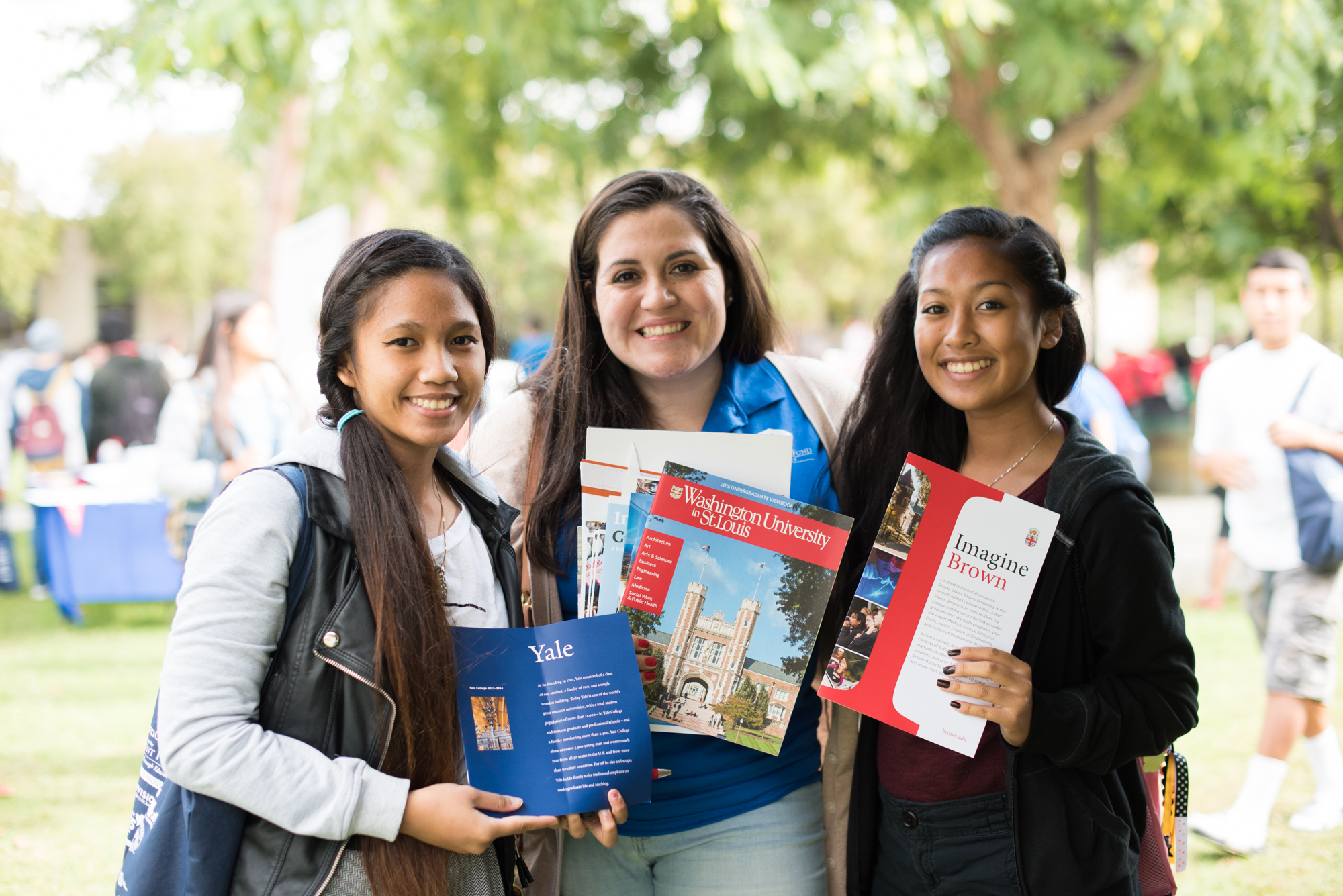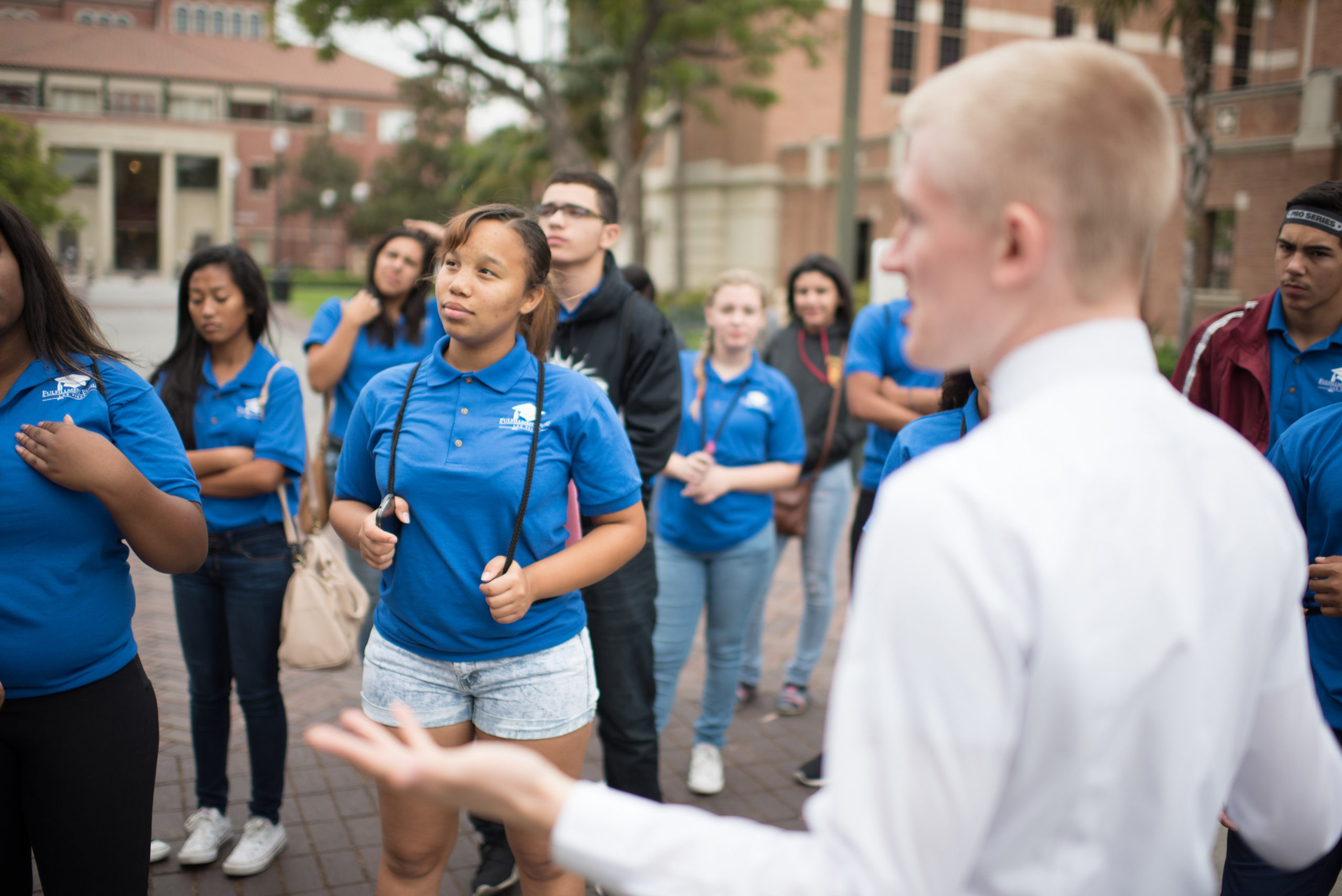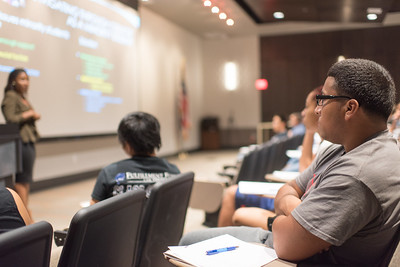Degrees and Careers
We believe that the college-going process begins with students exploring their interests. This will help guide them toward a degree that excites them, which will lead to a rewarding career. Other factors to consider are salary expectations, career demand, level of education, cost, and skills required.
Students can explore different degrees and careers while pursuing a higher education; however, we encourage students to get started in the ninth grade by identifying their interests and getting involved in extracurricular activities. We also recommend students do research on the degree and career options that best align with their passions.
Here is information on the degree options available at a college or university and resources to explore careers:
Degree Options
Career Exploration Resources
CareerOne Stop
Powered by the U.S. Department of Labor, CareerOne Stop provides information on careers, training, and jobs. They also offer a self-assessment to determine career options based on interests.
CollegeBoard
CollegeBoard is a national non-profit organization that focuses on college access. One of its resources outlines majors and careers by field.
U.S. Bureau of Labor Statistics
Established in 1884, the U.S. Bureau of Labor Statistics measures labor market activity, working conditions, price changes, and productivity which makes for a great resource on career trends.
U.S. News & World Report
The U.S. News & World Report is known for its rankings on jobs based on the top 100, industry, and pay. Explore job profiles to learn about the education required and level of job satisfaction in the field.



